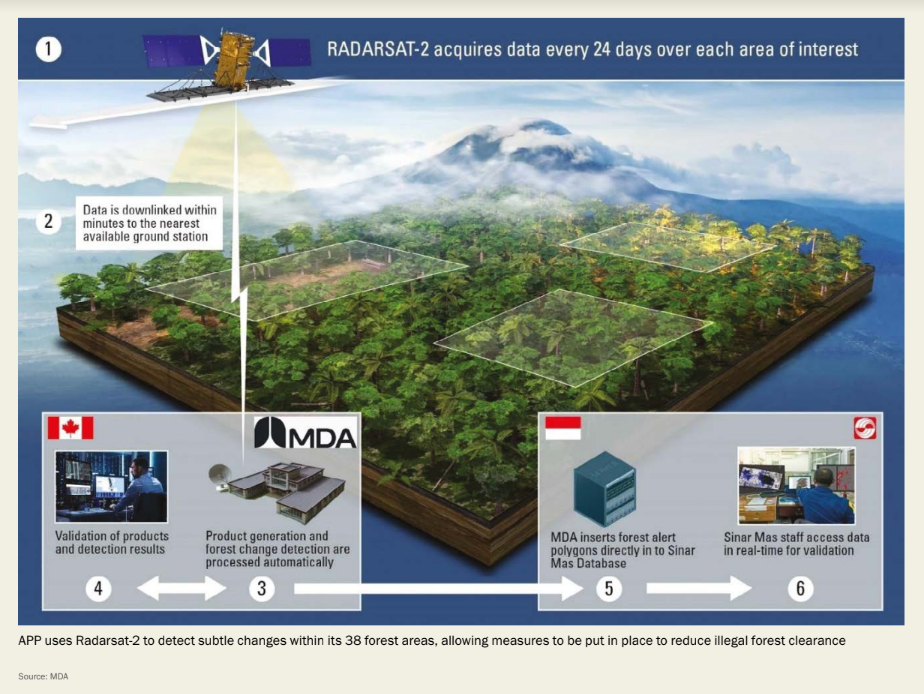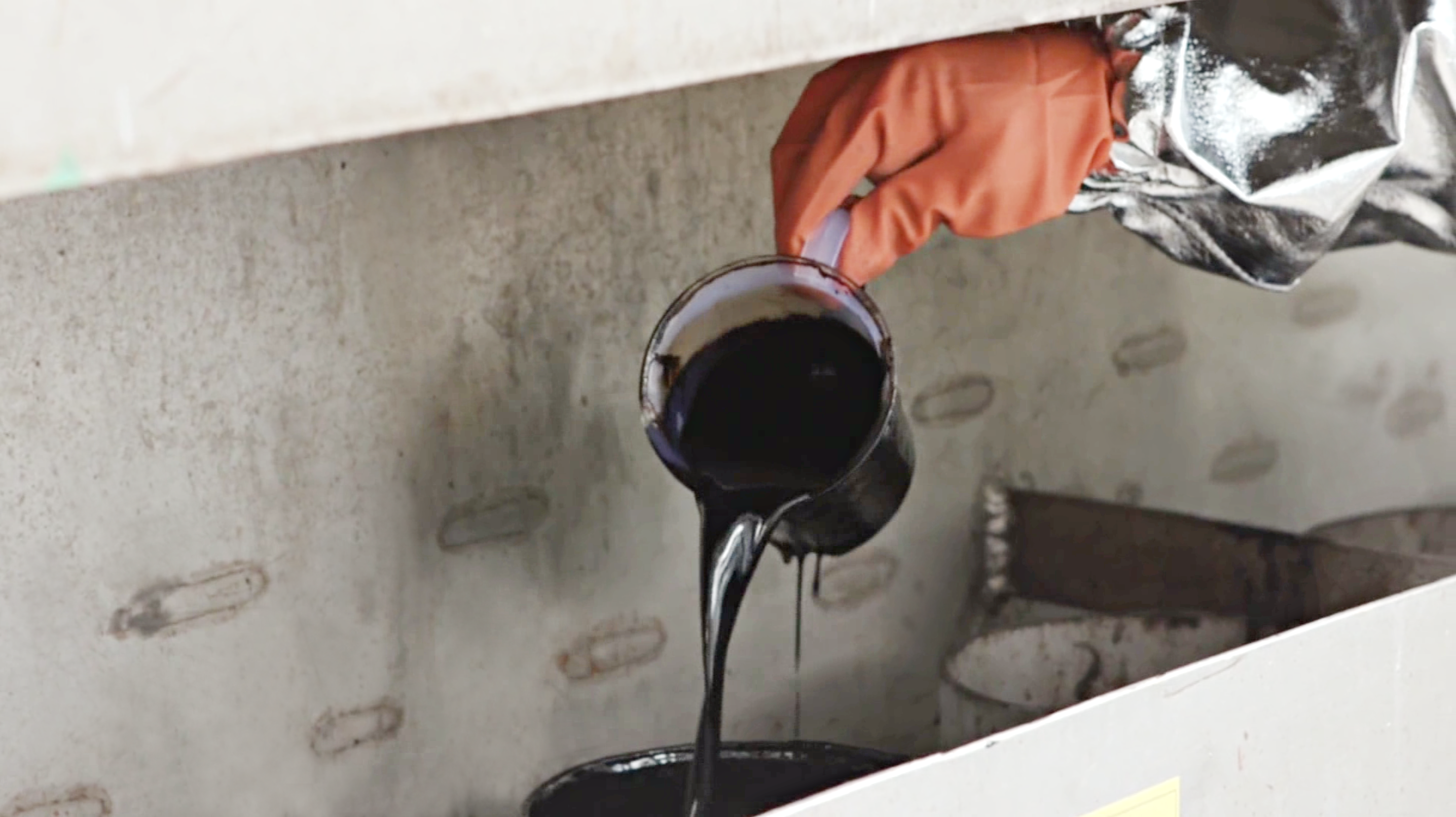When it comes to innovation, Asia Pulp and Paper (APP) Sinar Mas adopts a broader definition to encompass the three broad pillars of People, Product and Forest under its Sustainability Roadmap Vision 2030. Rather than focus innovation narrowly on just products, we prefer to take a multi-prong and value chain approach to it.
Our products reach customers and consumers in 150 countries. And while many would argue that paper is just paper and not much innovation can go into developing new paper products, APP has shown that innovation can and must take place across the paper industry for it to remain relevant and sustainable. In fact, being in the forestry business means APP can also take the lead in leveraging innovation in product development, energy use, community engagement and policy to help drive positive outcomes for business, people and planet.
Take for example single-use drinking cup. For many years, it has provided convenience and has been a key feature at events and eateries. However, most of such drinking cups are made with plastic and even paper cups are lined with a plastic film inside. But growing consumer awareness of the harm that plastic-based single-use packaging does to the environment has led to increased demand for sustainable packaging.
APP’s response was to develop Foopak Bio Natura, an innovative new paperboard engineered with unique multi-layer, plastic-free coatings especially designed to package food and drink. Foopak’s versatile range of cups and bowls for hot and cold foods including liquids also has outstanding moisture and liquid resistance. What’s more, it is fully recyclable, home compostable, and biodegradable, and is halal-certified.

As a company in the forestry business and one that is heavily dependent on renewable resources for its pulp and paper production, APP knows that it is important to conserve and protect forests, particularly as forests serve as a nature-based solution to tackling climate change given its ability to store carbon.
Indonesia is home to the third-largest rainforest reserve in the world, and protecting the hectares of APP’s concession areas against illegal encroachments as well as to detect fires early it often a tedious and painstaking task, requiring ground patrols to be regularly dispatched to monitor and verify that these areas remain secure. However, given the enormity and special spread of these forests, many in remote places, not all areas are accessible by ground patrols.
To solve this problem, APP turned to cutting-edge technology to provide it with a ‘near-real-time’ ‘early warning system’ that would enable it to take timely action on detected forest disturbances, to minimise and/or mitigate negative impacts and implement corrective actions. Enter the partnership with MDA, a satellite surveillance and intelligence provider, to monitor and provide alerts through its Forest Alert Service (FAS) which covers APP’s 38 pulpwood suppliers on the islands of Borneo and Sumatra.
Using MDA’s RADARSAT-2 satellite which has the world’s highest imaging capacity and imaging footprint sufficient to image more than 500 million square kilometres every month, APP can capture forest disturbances down to a few trees and proactively address the forest cover change in near-real-time. Routinely within two working days of imaging, APP receives vectorised alerts of forest disturbance anywhere within the areas being monitored.
By combining the near real-time alerts with other in-house information, the APP team is able to determine and implement necessary and targeted measures to reduce threats to its supplier plantations and address the environmental risks associated with illegal forest clearance, resulting in a significant reduction of forest degradation from between 5-6% on average in 2013-2015 to under 1% across its concession area of 600,000 plus hectares.

These actions have helped APP achieve 55% renewable energy use at mills – OKI mill on South Sumatra is currently powered using 95% renewable energy from biomass, reducing reliance on coal and making steady progress towards its goal of a 30% reduction in carbon emissions by 2030.
Black liquor, the lignin-rich by-product from the fiber extraction process from wood, provides an abundant source of biomass energy for pulp mills and is playing an increasing role in APP mills as it ups it use of renewable energy. Substitution of black liquor for fossil fuels such as coal helps prevent GHG emissions as it is considered carbon neutral. Indeed, the future of black liquor looks very bright as the International Energy Agency considers it to the fifth most important fuel on earth.

As a leading global pulp-and-paper company, APP believes in constantly innovating on our products and processes, to help us deliver on our Sustainability Roadmap Vision 2030 of reducing our carbon footprint by 30%; conserving over half a million hectares of natural forest, and improving the lives of people in the communities in and around APP’s concession areas.
